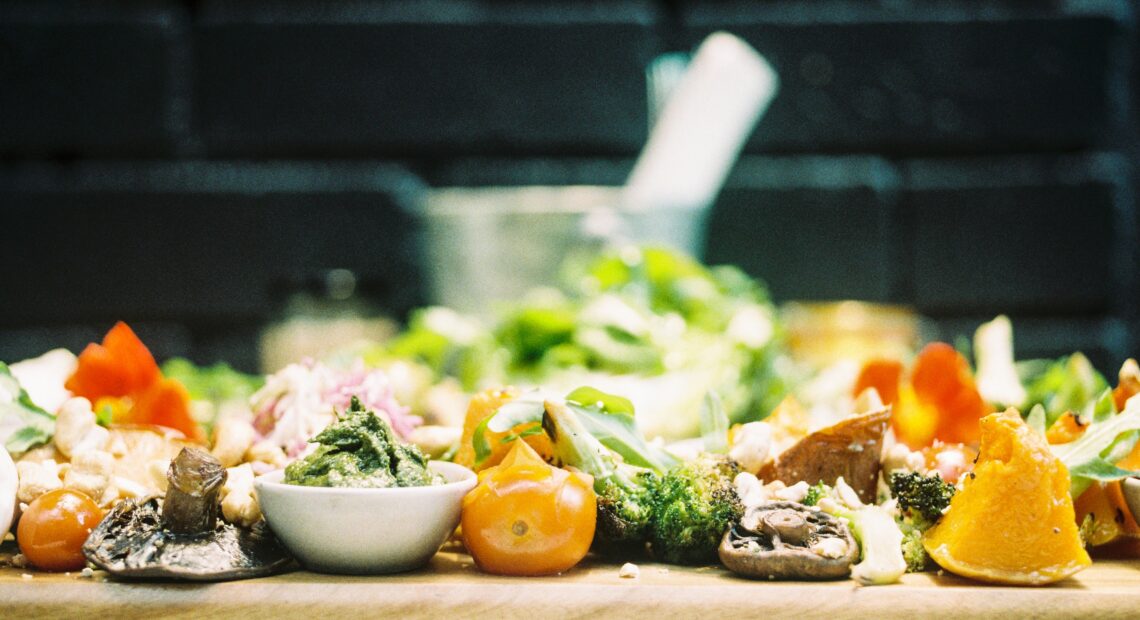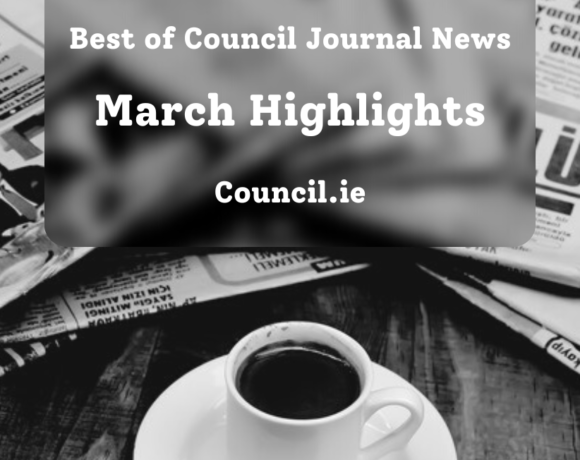The Government has published the National Food Waste Prevention Roadmap 2023-2025. Food waste is a global problem that has environmental, social and economic consequences. Growing, processing, transporting and storage of food all use a significant amount of resources. Tackling food waste is one of the key steps we can take to achieve sustainability, to help combat climate change, and to support the transition to a circular economy and bioeconomy.
Food waste can occur at any point along the food supply chain, from primary production (damage to harvested crops), processing and manufacturing (waste arising from quality control processes), retail and distribution (unsold stock), restaurants and food services (food uneaten by customers) and households (purchased food not consumed on time).
According to the Environmental Protection Agency (EPA), Ireland generated approximately 770,316 tonnes of food waste in 2020. Approximately 31% of the total comes from households, 29% comes from the processing and manufacturing sector, with the remainder coming from restaurants and food service (23%), primary production (9%), and retail and other distribution of food (8%).
The urgency and challenge of addressing food waste is highlighted at international level through Goal 12.3 of the UN Sustainable Development Goals, “by 2030, halve per capita global food waste at the retail and consumer levels and reduce food losses along production and supply chains, including post-harvest losses.”
Ireland is committed to reducing food waste by 50% by 2030 – in line with the United Nations Sustainable Development Goals.
The development of a National Food Waste Prevention Roadmap is included as a commitment in Ireland’s Waste Action Plan for a Circular Economy, Food Vision 2030, and the Government’s Climate Action Plan 2021.
The National Food Waste Prevention Roadmap 2023-2025 sets out a number of priority actions to bring the focus on food waste prevention, across key sectors in the food supply chain, together in a coherent manner. A public consultation on the Roadmap was carried out in early 2022.
The National Food Waste Prevention Roadmap 2023-2025 includes:
- Context on food waste and what components of the food supply chain are included in the Roadmap.
- How Ireland will establish its national baseline data on food waste from which we will achieve a 50% reduction by 2030.
- The approach to interim milestones and targets on the way to that 2030 target.
- How we will ensure a robust national system for food waste measurement and reporting is established in order to meet Ireland’s reporting obligations and to monitor Ireland’s progress in meeting its UN and EU commitments over the next decade.
- A commitment to work together, enhance food waste measurement, and identify and implement key priority actions along the food supply chain to help deliver on Ireland’s commitments on food loss and food waste prevention.
- The approach to food waste segregation, food donation and redistribution, the role of research and innovation, and green public procurement in relation to food waste prevention.
- A commitment to deliver sustained communications and awareness on food waste prevention and segregation.
- How we will establish a monitoring and evaluation framework to check progress of key activities and update the Roadmap accordingly.
The Circular Economy and Miscellaneous Provisions Act 2022 (the Act) provides the statutory basis for the preparation of a national food waste prevention strategy. In preparing the national food waste prevention strategy, the Minister shall take into account the Circular Economy Strategy which is to be prepared in accordance with Section 7 of the Act. As a statutory Circular Economy Strategy has not yet been adopted, the National Food Waste Prevention Roadmap 2023-2025 has been prepared and approved on a non-statutory basis. The next iteration of the National Food Waste Prevention Roadmap will be prepared on a statutory basis following publication of a Circular Economy Strategy that has been prepared in accordance with the Act.













